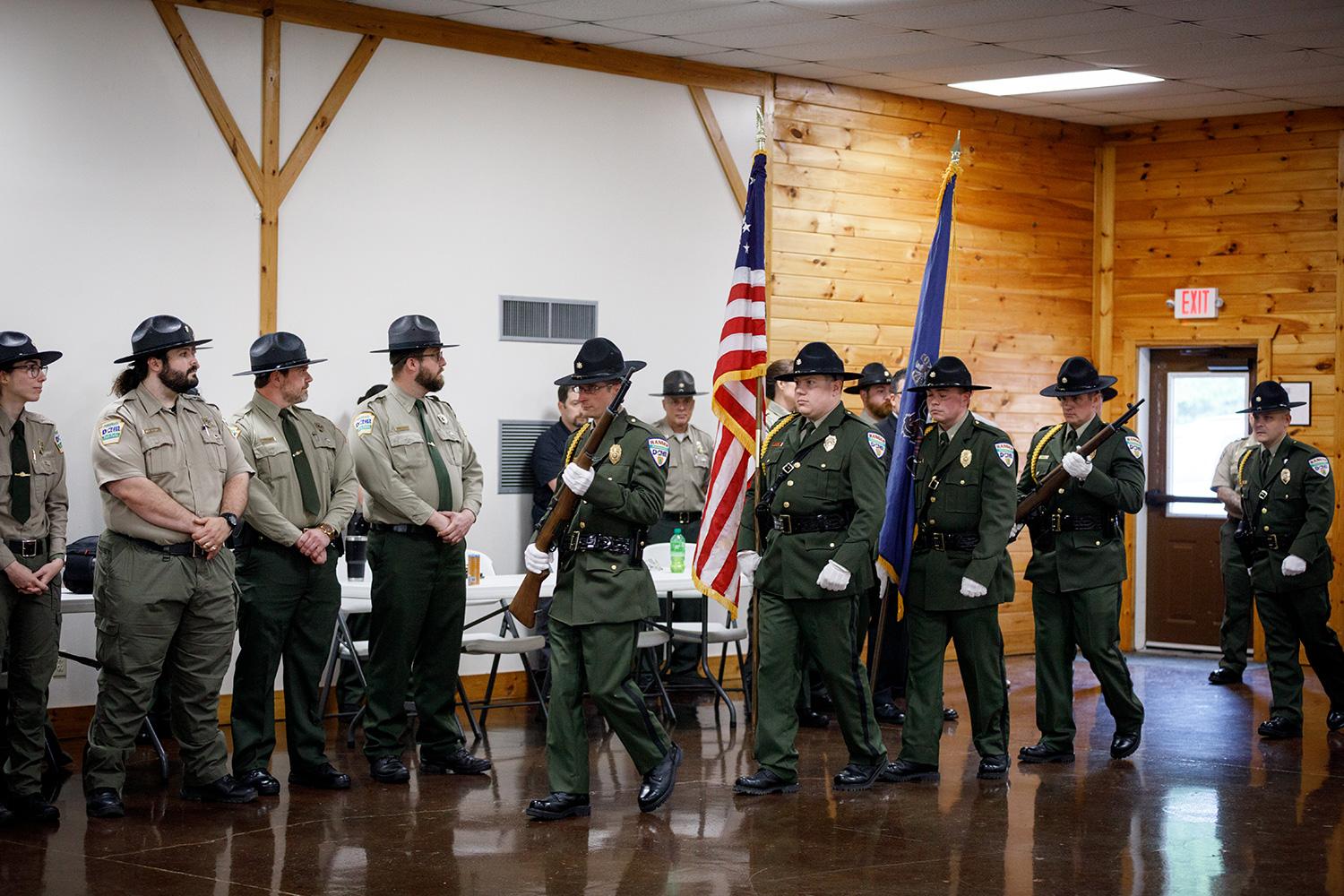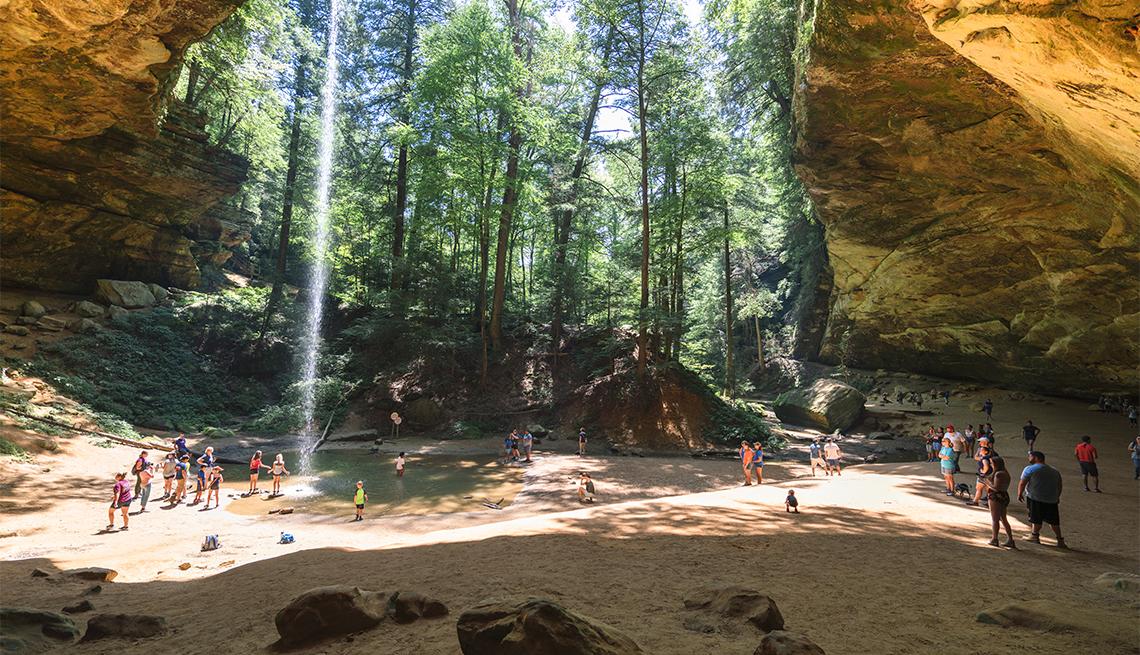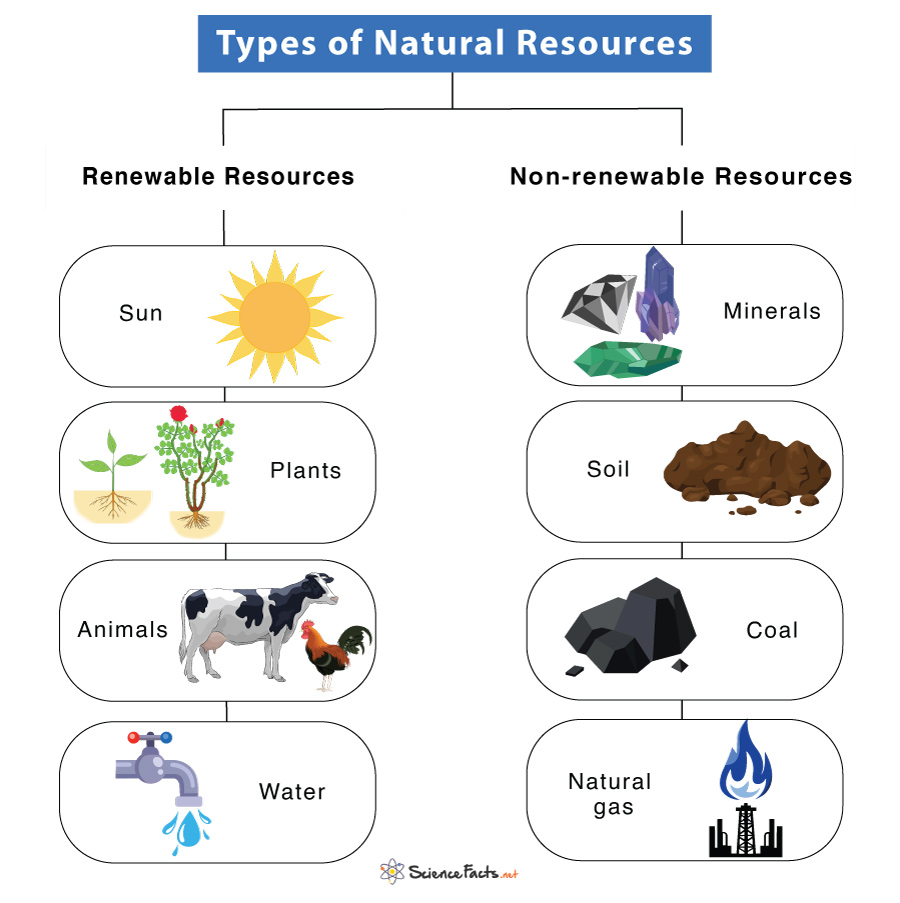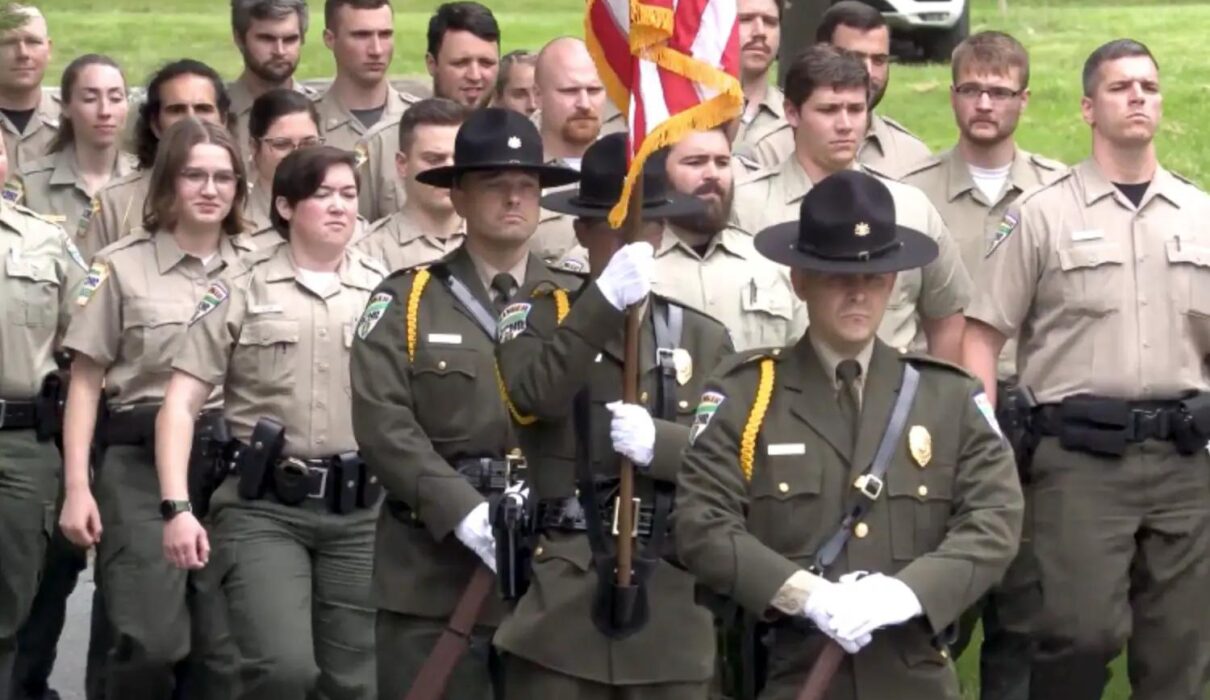In an inspiring new chapter for Pennsylvania’s natural landscapes, over twenty graduates from the Department of Conservation and Natural resources (DCNR) are set to immerse themselves in the diverse ecosystems of state parks across the region. With a commitment to stewardship and sustainability,these newly minted professionals are poised to enhance the visitor experience and promote conservation efforts in some of the state’s most cherished outdoor spaces. This influx of talent not only strengthens the workforce in Pennsylvania’s state parks but also signifies a renewed dedication to preserving the breathtaking beauty and ecological integrity of our habitat. As these graduates take their first steps into their roles, the impact of their passion for nature will undoubtedly resonate throughout the parks and communities they serve.
Impact of DCNR Graduates on Pennsylvania’s State Parks
The integration of graduates from the Department of Conservation and Natural Resources (DCNR) into Pennsylvania’s state parks promises a remarkable enhancement to the management and preservation of these vital natural resources. With their specialized training, these new employees bring a wealth of knowledge in areas such as ecological management, wildlife conservation, and recreational programming.Their fresh perspectives are not only valuable in terms of operational improvements but also in fostering community engagement and promoting sustainable practices among park visitors.
As these graduates step into their respective roles, they stimulate a ripple effect across local ecosystems and communities. Through initiatives aimed at restoration projects, educational outreach, and visitor services, these individuals are set to make significant contributions, including:
- Enhanced visitor experiences through innovative programming and events.
- Increased ecological awareness, encouraging responsible stewardship among park goers.
- Strengthened conservation efforts that aim to protect endangered species and habitats.
Collectively, these efforts not only elevate the standards of Pennsylvania’s state parks but also align with broader environmental goals, ensuring that these natural treasures remain vibrant and accessible for future generations.

Key Skills and Training Acquired Through the DCNR Program
The DCNR Program equips graduates with a diverse set of skills essential for managing and preserving Pennsylvania’s natural resources. Participants engage in hands-on training that covers various aspects of park management, including environmental stewardship, wildlife conservation, and public engagement. The program emphasizes practical experience in the field, allowing graduates to develop competencies in:
- ecological Assessment: Understanding ecosystems and biodiversity.
- Visitor Engagement: Communicating effectively with the public about park resources.
- Resource Management: Implementing sustainable practices for conservation.
- Problem-Solving: Addressing challenges in park maintenance and user safety.
Additionally,the program offers training in essential tools and technologies that enhance operational efficiency in state parks. Graduates gain proficiency in project management, GIS mapping, and environmental education, equipping them for various roles within the DCNR. The table below illustrates some key training components and their relevance:
| Training Component | Skills Developed |
|---|---|
| Wildlife Tracking | Identifying species and understanding behaviors |
| Trail Maintenance | Ensuring safety and accessibility for all visitors |
| Community Workshops | Educating the public on conservation efforts |

Opportunities for Enhancing Visitor Experiences in State Parks
As the new graduates from the Department of Conservation and Natural Resources (DCNR) step into their roles at various state parks, they are presented with a range of exciting opportunities to elevate visitor experiences. By harnessing their fresh perspectives and innovative ideas, these new park staff members can implement strategies that not only enhance recreational activities but also promote sustainable practices. Emphasizing the importance of educational programming and engaging community events, they can create memorable interactions between visitors and the natural landscape.
Moreover, leveraging technology can transform the way visitors experience state parks. Introducing mobile apps that feature interactive trail maps, real-time wildlife sightings, and guided tours can bring a new dynamic to outdoor exploration. Encouraging visitors to share their experiences through social media campaigns will not only increase awareness but also foster a sense of community among nature enthusiasts.By prioritizing such initiatives, these graduates will play a crucial role in turning Pennsylvania’s state parks into premier destinations for adventure and education.

Future Challenges and Solutions for Pennsylvania’s Natural Resources
Pennsylvania’s natural resources face a myriad of challenges that jeopardize the ecological balance and the enjoyment of state parks. With climate change acting as a catalyst for environmental shifts, the state is experiencing increased risks, such as droughts, flooding, and the spread of invasive species. These factors not only effect wildlife habitats but also impact the recreational activities that parks offer.Moreover, as urban growth continues to encroach upon natural spaces, the pressure on these sites intensifies, necessitating innovative management strategies to preserve their integrity.
To address these pressing issues, it is crucial to implement sustainable practices and community engagement initiatives. Key solutions include:
- Restoration Projects: Actively restoring native vegetation and ecosystems can reclaim lost habitats and promote biodiversity.
- Community Involvement: Engaging local communities in conservation efforts fosters a sense of stewardship and raises awareness about environmental issues.
- Data-Driven Decision Making: Utilizing technology to monitor environmental shifts enables proactive management and resource allocation.
Furthermore, educational programs aimed at fostering an gratitude for Pennsylvania’s natural beauty can enhance public support for conservation efforts. Through collaboration between state agencies,educational institutions,and local communities,Pennsylvania can pave the way toward a more resilient and sustainable future for its natural resources.
Insights and Conclusions
As we celebrate the recent graduation of over 20 dedicated individuals from the DCNR, it’s clear that Pennsylvania’s state parks are in capable hands. These new stewards bring fresh energy, insight, and passion that will help preserve and enhance the natural beauty of our cherished landscapes. As they step into their roles, we can look forward to innovative programs, robust conservation efforts, and an unwavering commitment to ensuring that Pennsylvania’s parks remain vibrant for generations to come. The future is bright, and with each graduate, our state parks continue to thrive as a haven for all who seek respite in nature’s embrace. here’s to new beginnings and a promising path ahead for our beloved outdoor spaces.

